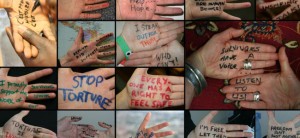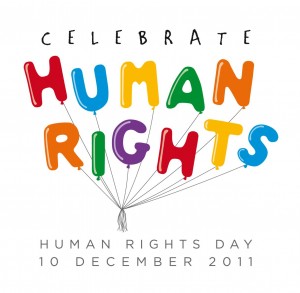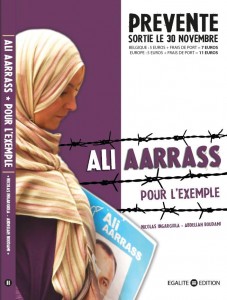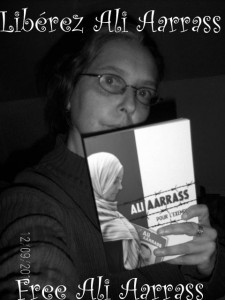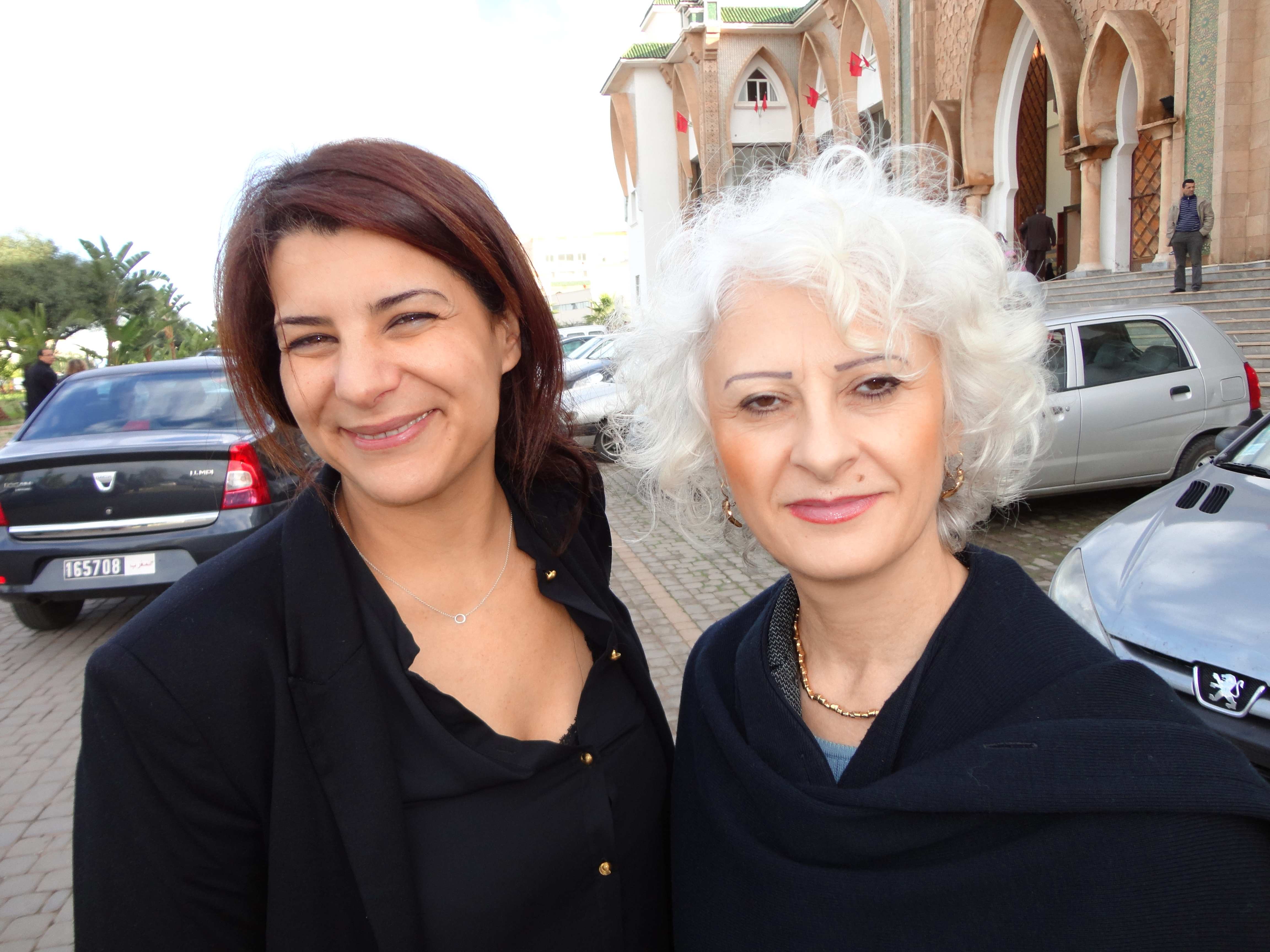Immigration and human rights lawyer Frances Webber: « Conviction by torture evidence in Morocco »
Guest blogger Frances Webber is an immigration and human rights lawyer working in the UK. She writes here about her campaigning work with a group called the “Friends of Ali Aarrass” – a dual Belgian-Moroccan national who has been convicted in Morocco on the basis of evidence which he says was obtained under torture.
On Friday 16 December, the Friends of Ali Aarrass London Support Committee will hold a gathering at the Moroccan Embassy where they will hand in a letter of protest at the conviction of the dual Belgian-Moroccan national Ali Aarrass after what his lawyers have described as a ‘travesty of a trial’ and conviction on the basis of evidence obtained through torture. He was extradited from Spain to Morocco to face trial one year ago.
As an immigration and human rights lawyer, I have represented many torture survivors, and have used the expertise and commitment of doctors at Freedom from Torture, in the form of independent medico-legal reports, to convince sceptical immigration judges on more occasions than I recall. The work is solid, practical and makes a real difference.
The removal of a person to detention and torture at home is a terrible thing, and once it has happened, at first sight it seems as though there is nothing that can be done. But publicity and pressure on that person’s government can also make a real difference to that person’s treatment.
I became involved in Ali Aarrass’ case through friends in Belgium and in Morocco. We first campaigned against his extradition from Spain, since the charges against him had been exhaustively investigated by judge Baltasar Garzon (the judge who sought Chilean dictator Pinochet’s extradition from the UK in 1999), who found no case for Mr Aarrass to answer. But the extradition went ahead anyway, despite an instruction from the UN Human Rights Committee not to extradite him while his case was being examined by the Committee.
Once in Morocco, he was held incommunicado for two weeks, and claims he was severely tortured. His allegations of torture went uninvestigated.
Instead, after being held for a year pending trial, Ali Aarrass finally appeared on 24 November 2011 before three judges of the Rabat court sitting at Salé. By the end of the day, he had been convicted and sentenced to fifteen years’ imprisonment on terrorism-related charges – solely on evidence obtained by torture. The judges – who have obligations under international law to reject torture evidence – took barely an hour to reject the legal submissions of his defence team.
Now that Ali Aarrass has been convicted solely on torture evidence and sentenced to fifteen years’ imprisonment, the campaign is even more important. Without it, he will rot in a Moroccan prison. So long as there is a chance that the authorities will respond to pressure from human rights bodies and individuals who refuse to allow torture to pass unchallenged, we have to keep up the pressure. Ali Aarrass’s legal team are appealing against his conviction and are also petitioning the UN Committee Against Torture and the Human Rights Committee.
On Friday 16 December, protests will be taking place in London, Paris and Brussels. Join the protest at the Moroccan embassy in London at 11am on Friday, 48 Queen’s Gate Gardens, SW7 (nearest tube Gloucester Road, District/ Circle and Piccadilly lines).
For further information about the protest email londonaliaarrass@gmail.com For more information on Ali Aarrass’ extradition and his treatment in Morocco see the Free Ali Aarrass website.
Disclaimer: From time to time, Freedom from Torture features guest bloggers on its website. The views expressed in this blog are solely those of the author and may not reflect those of Freedom from Torture or its employees.

